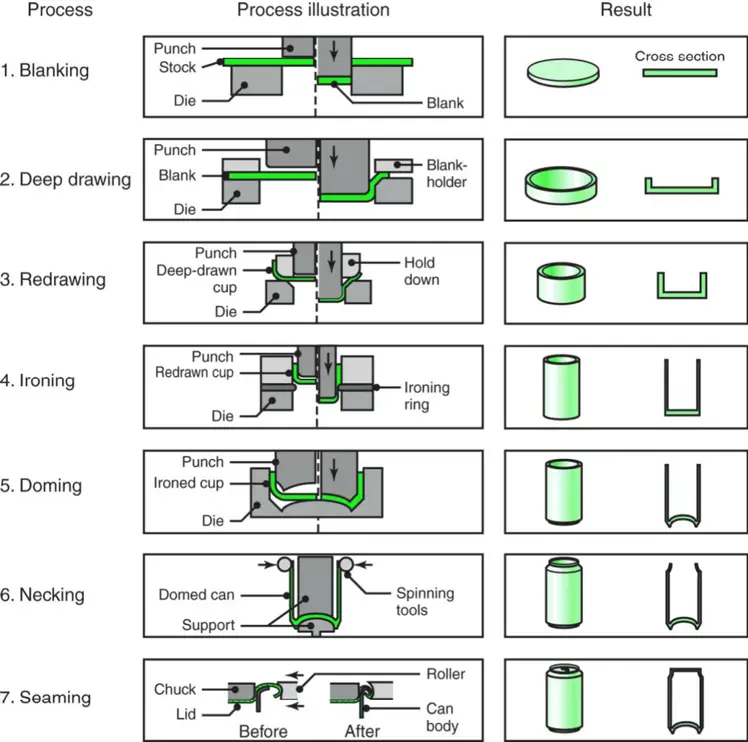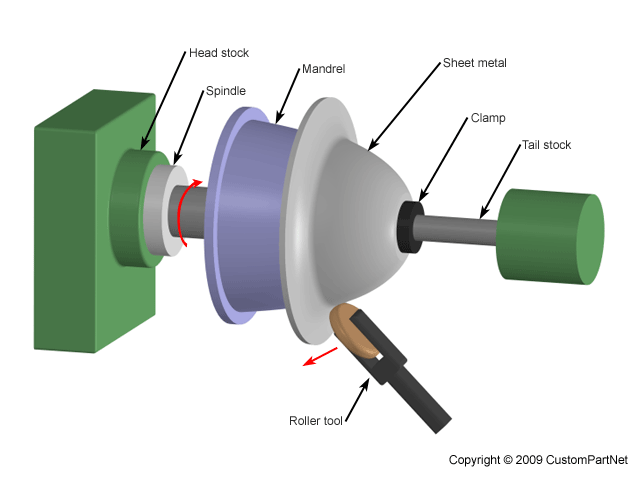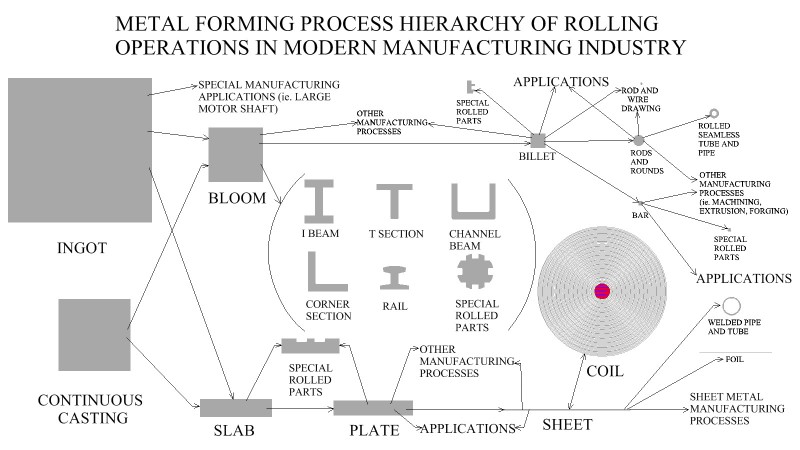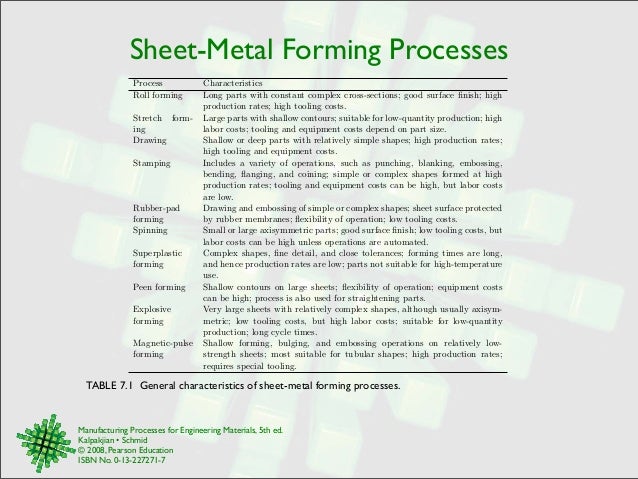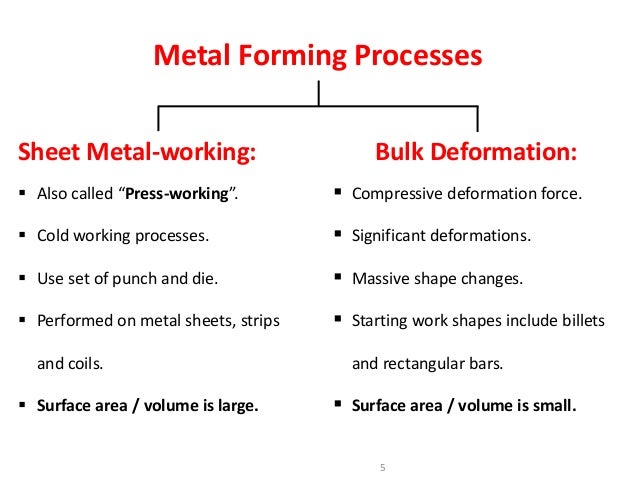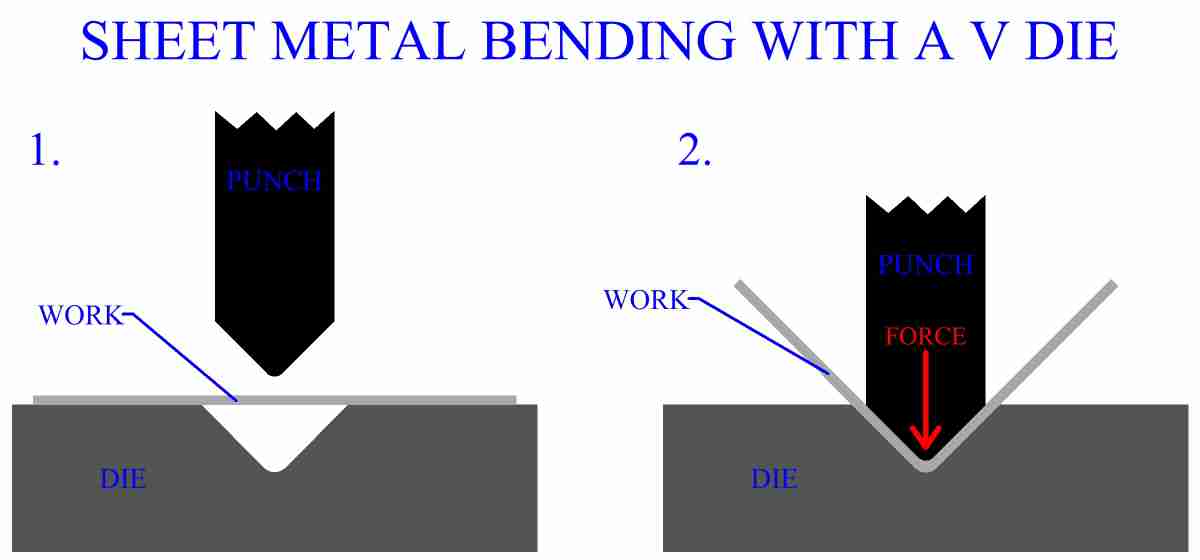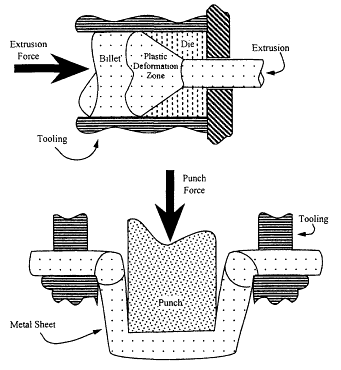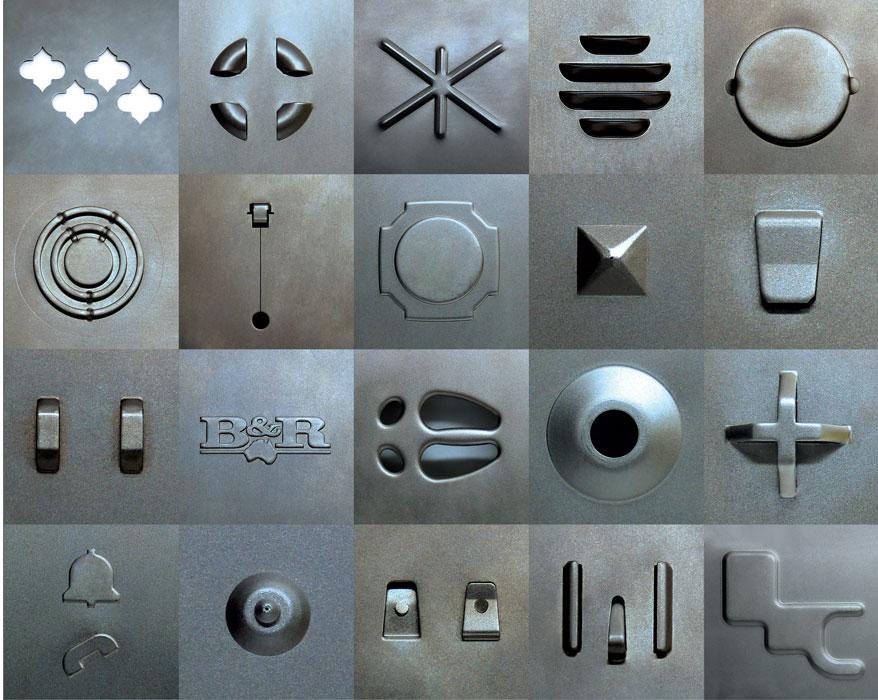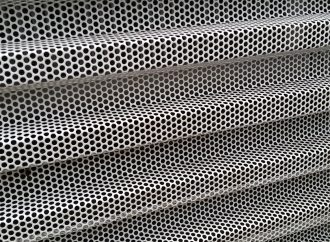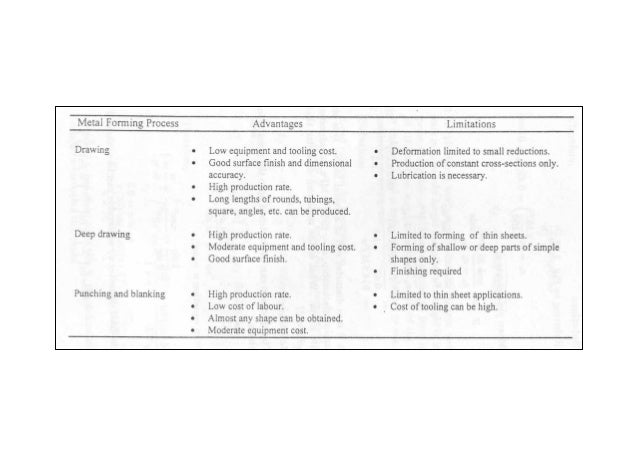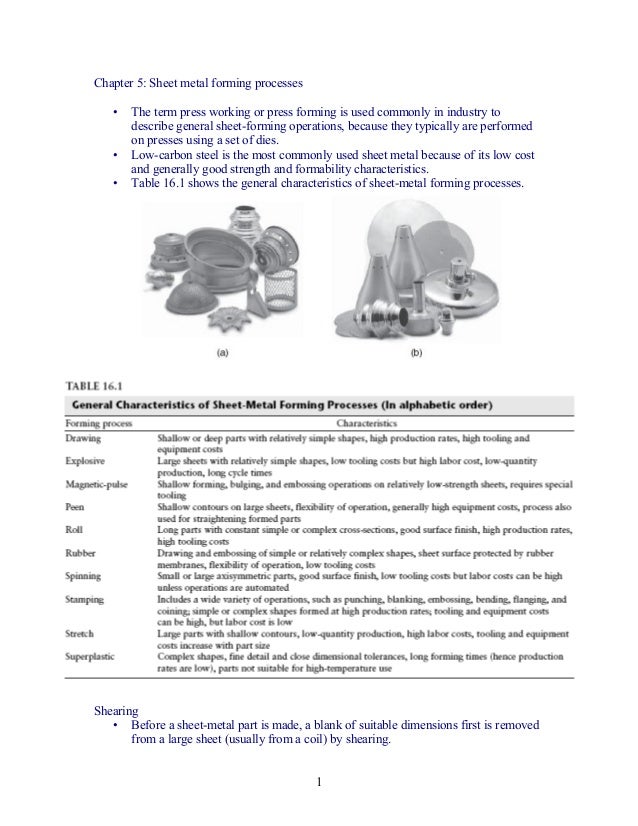This practical and comprehensive reference gives the latest developments on the design of sheet forming operations equipment tooling and process modeling.
Sheet metal forming processes and applications.
The example of forming processes are sheet metal manufacturing forging rolling extrusion wire drawing thread rolling rotary swinging and so on.
Other chapters cover sensors and die materials which are critical for practical sheet forming applications.
The principle variables of sheet forming including the interactions between variables are clearly explained as a basic foundation for the most effective use of computer aided modeling in process and die design.
Sheet metal is one of the most essential material used in almost all applications that surround us today.
Most manufacturing processes involving sheet metal are performed at room temperature.
Sheet forming fundamentals are thoroughly addressed in this comprehensive reference for the practical and efficient use of sheet forming technologies.
9 4 types of metal forming operations.
Curling is a sheet metal forming process that s used to smooth out the otherwise sharp and rugged edges of sheet metal.
Individual chapters cover all major sheet forming processes such as blanking bending deep drawing and more.
Curling is a forming process that involves de burring sheet metal to produce smooth edges.
Its forming processes include bending rolling.
Request pdf on aug 31 2012 taylan altan and others published sheet metal forming.
Processes and applications vol.
Typical materials in hot stamping operations are titanium alloys and various high strength steels.
Classification or types of forming process in detail.
Hot stamping is occasionally performed in order to increase formability and decrease forming loads on machinery.
The products and components created by the different metal shaping techniques are used in creating everything from scaffolding and heavy machinery to designing and creating microprocessors and artificial intelligence.
Ii find read and cite all the research you need on researchgate.
To deformed the raw material.
Sheet metal forming involves the use of force to deform metal without removing material.
Process modeling using finite element analysis is described in one chapter and discussed in all appropriate chapters.
Metal forming processes are an essential part of our society and without them our society would come to a grinding halt.
In this process we apply stresses like tension compression shear etc.

